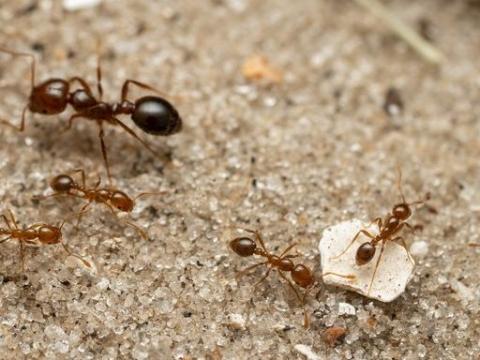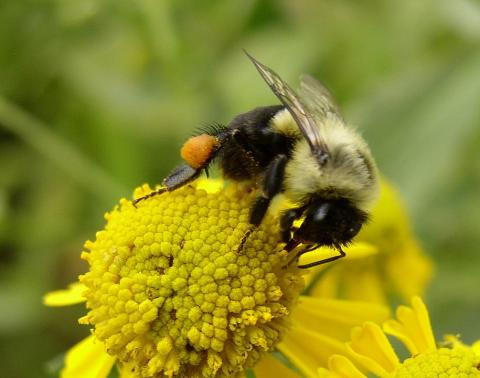
Institute of Evolutionary Biology (IBE, CSIC-UPF)
If you are the contact person for this centre and you wish to make any changes, please contact us.
Postdoctoral researcher at the Institut de Biologia Evolutiva (CSIC- Universitat Pompeu Fabra).
ICREA research professor responsible for the Complex Systems Laboratory at Pompeu Fabra University and the Institute of Evolutionary Biology (UPF-IBE) and researcher at the Santa Fe Institute in New Mexico (United States)

New gene editing technologies, such as gene drive tools, open the door to deliberately extinguishing species. An analysis article published in Science examines the ethical implications of this possibility based on three specific examples: the eradication of rats, the cattle barren worm, and the Anopheles gambiae mosquito, which transmits malaria. The analysis attempts to answer the question: ‘When and under what circumstances could the intentional eradication of a species be justified?".

One of the world's most invasive species is Solenopsis invicta, an ant native to South America with a painful sting. In an article published in Current Biology, experts confirm the first official sighting of this species in Europe: 88 nests spread over five hectares near Syracuse in Sicily, Italy. The ants could soon spread across the continent, causing serious environmental, health and economic problems. The study is led by the Institute of Evolutionary Biology (IBE) of the CSIC and the UPF.

Glyphosate is one of the most widely used herbicides in the world. New work published in Science reveals that it significantly impairs the ability of bumblebees to maintain the temperature of their hive, a hitherto unsuspected effect that may lead to the decline of this already endangered species, which is essential for pollination.